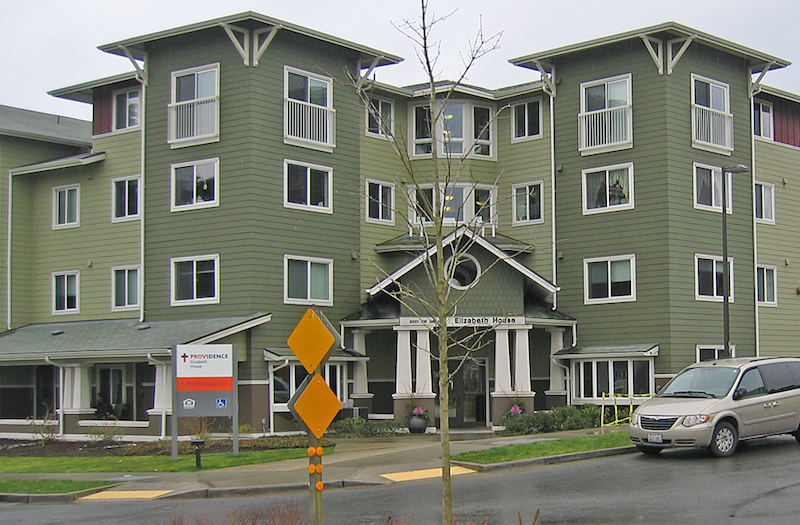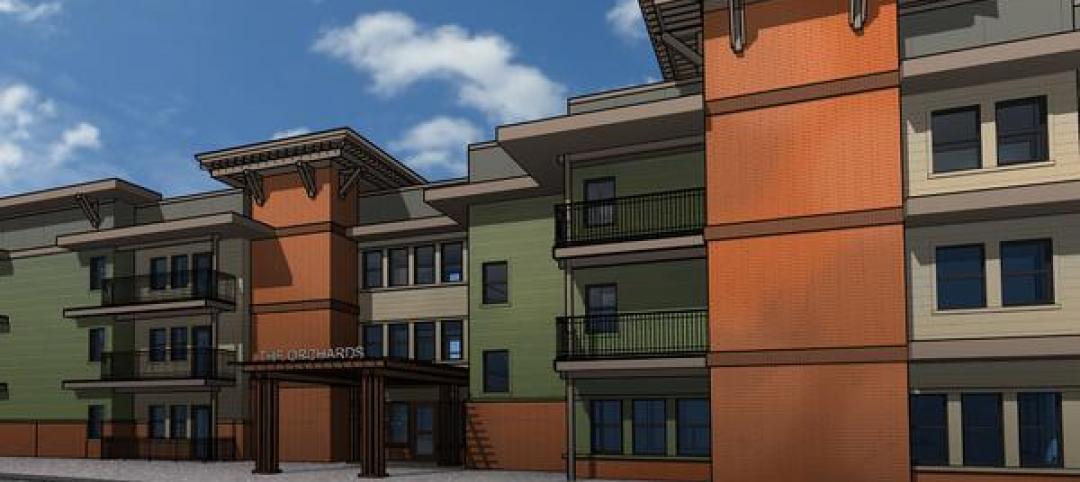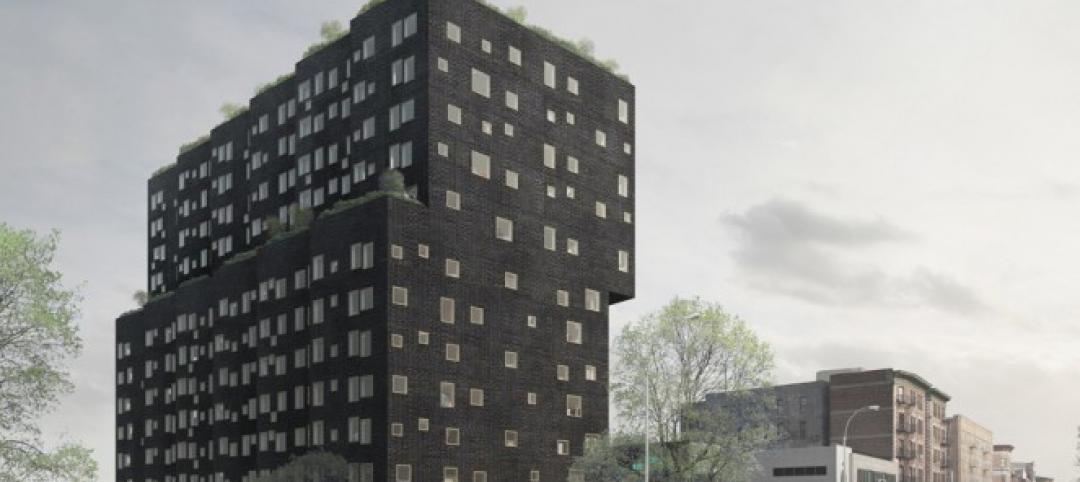The CBRE Investor Survey was sent to influential senior housing investors, developers, and brokers throughout the U.S. with the objective of identifying key trends in the senior housing real estate industry in an effort to better understand the state of the rapidly evolving senior housing and care market.
The sector closed another record-setting year in 2015, with 514 institutional transactions closed and $18.7 billion in institutional sales, despite a slowdown in the fourth quarter, according to data from the National Investment Center for the Seniors Housing & Care Industry (NIC). The increase in volume over 2014 was 4.5%, revealing a significant decrease in growth rate, a trend that is consistent with the overall U.S. commercial real estate market.
Among the key findings from the survey: 48% of respondents expect no change in cap rates over the next 12-month period, while 31% expect an increase in cap rates; 21% are expecting to see compression.
The change in capitalization rates in 2015 was minimal compared to prior survey results, signaling that the market cycle is close to reaching a peak. Investor interest (old and new) remains high with 58% of respondents looking to increase their exposure to the space, while participation by public REITs in 2016 is a significant, yet unknown variable.
Senior housing cap rates have averaged at a spread of roughly 518 basis points (bps) to the 10-year Treasury, with the most recent indicated spread falling above the historical average at 554 bps. This indicates room for further compression as interest rates creep upward, according to CBRE. As a point of reference, multifamily cap rates currently represent a 215 bps spread.
Total senior housing returns were reported at 16.3%, 14.8%, and 13.3% over a one-, five-, and 10-year period. These returns have outperformed multifamily returns and the NCREIF Property Index over the same periods.
The number of units under construction has increased from 22,975 at the end of 2012 to 48,903 as of 4Q 2015. With an average development period of 12 to 15 months, a significant portion of this supply will come on line in 2016. This is a major concern in the industry.
“The seniors housing landscape is evolving with the increased presence of sophisticated capital, market transparency, operational efficiencies and technological advances. This can be compared to the institutionalization that the multifamily sector experienced from the mid-1990s to early 2000s,” said Zach Bowyer, MAI, National Practice Leader for CBRE’s seniors housing specialty practice. “Increased investment activity, coupled with increased construction activity, has resulted in an increased demand for experienced operators. Growing pains are expected as the market expands, and property management continues to be a key factor in protecting the value of a seniors housing asset.”
For a PDF copy of the CBRE Senior Housing Investor Survey & Market Outlook, click here.
Related Stories
| Jun 19, 2014
First look: JDS Architects' roller-coaster-like design for Istanbul waterfront development
The development's wavy and groovy design promises unobstructed views of the Marmara Sea for every unit.
| Jun 19, 2014
Singapore's 'Tree House' vertical gardens break Guinness World Record
The high-rise development will have a 24,638-sf vertical garden, breaking a Guinness World Record.
| Jun 18, 2014
Largest Passive House structure in the U.S. to be built in Oregon
Orchards at Orenco, a 57-unit affordable housing complex in Hillsboro, Oregon, is the first of a three-phase, three-building complex.
| Jun 18, 2014
SOM's twisting tower wins design competition for Sweden's tallest skyscraper
The skyscraper, which will reach 230 meters and is named Polstjärnan, or "The Pole Star," is to be built in Gothenburg, Sweden.
| Jun 18, 2014
Arup uses 3D printing to fabricate one-of-a-kind structural steel components
The firm's research shows that 3D printing has the potential to reduce costs, cut waste, and slash the carbon footprint of the construction sector.
| Jun 17, 2014
U.S. Census report examines why Americans move
According to the U.S. Census Bureau, 35.9 million people moved between 2012 and 2013, meaning that 11.7% of the U.S. population moved in one year. The report seeks to examine why.
| Jun 13, 2014
Grocery stores, restaurants make neighborhoods most desirable [infographic]
John Burns Real Estate Consulting ranks the top 25 housing amenities by generation, based on feedback from more than 20,000 home shoppers.
| Jun 12, 2014
Austrian university develops 'inflatable' concrete dome method
Constructing a concrete dome is a costly process, but this may change soon. A team from the Vienna University of Technology has developed a method that allows concrete domes to form with the use of air and steel cables instead of expensive, timber supporting structures.
| Jun 11, 2014
David Adjaye’s housing project in Sugar Hill nears completion
A new development in New York's historic Sugar Hill district nears completion, designed to be an icon for the neighborhood's rich history.
| Jun 11, 2014
Koolhaas’ OMA teams with chemical company to study link between color and economy
Dutch company AkzoNobel is partnering with Rem Koolhaas' firm OMA to study how the application of colorful paints and coatings can affect a city's economic development.
















